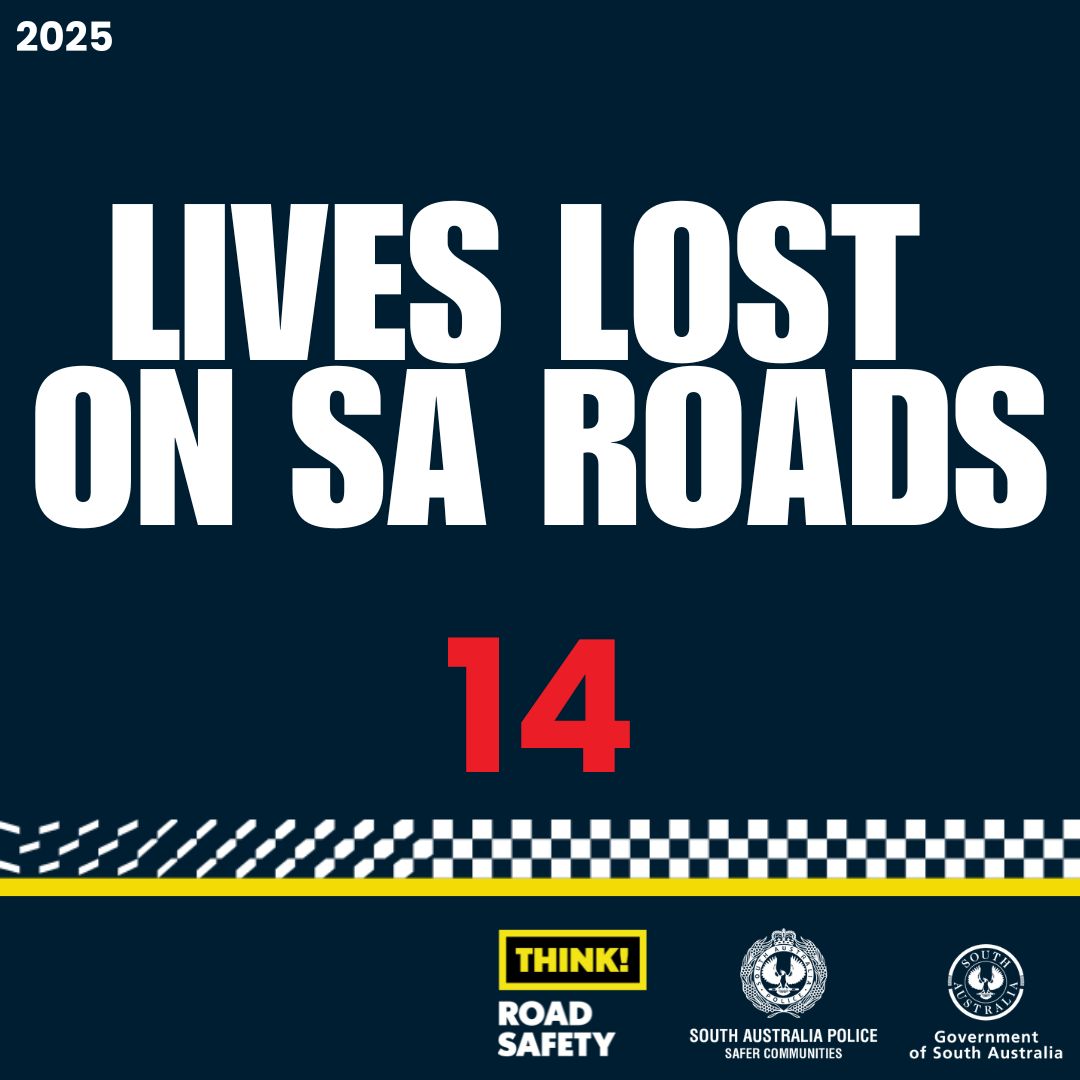As Scams Awareness Week kicks off, Minister Andrea Michaels is reminding South Australians to be ‘scam savvy’ and watch out for red flags that someone is not who they claim to be.
Scams have cost South Australians more than $21 million in 2023 so far with 18,392 scams reported to the ACCC’s Scamwatch.
Scams Awareness Week is an annual campaign run by the ACCC on behalf of the Scam Awareness Network (SAN).
This year’s theme is raising awareness about impersonation scams with 3 in every 4 scam reports received involving criminals pretending to be trusted people or organisations such as banks or government agencies.
Most of these impersonation scams target the intended victim via text message.
Anyone who receives a suspicious text message or is contacted by someone claiming to be from their bank or a government agency should never click any links or use contact information provided.
Instead, independently verify who’s really there by using official websites, apps, phone numbers and email addresses that you’ve looked up yourself and delete and block the sender.
Other common scams being reported to South Australia’s watch dog Consumer and Business Services (CBS) include:
* Romance scams – where scammers pretend to be prospective companions and play on emotional triggers to get their target to provide money, gifts, or personal details.
* Investment scams – which usually involve promises of big payouts, quick money or guaranteed returns.
* Classified scams – which trick online shoppers on classified websites into thinking they are dealing with a legitimate contact. The scammer usually advertises an item at a low price and promises that an agent will deliver the goods following receipt of payment. The purchaser may receive a fake email receipt claiming to be from the website’s secure payment provider, but they won’t receive the goods and won’t be able to contact the seller.
* Selling scams – which involve a scammer posing as a genuine buyer for items a person has advertised for sale. Scammers may overpay for an item and ask for reimbursement, usually through an online banking transfer, preloaded money card, or wire transfer before the seller discovers that their cheque has bounced. Sellers may lose their item and the money they have paid out.
CBS officers who take calls regarding scams refer the caller to Scamwatch to report. They also give tips to the caller on how they can protect themselves and refer them to SAPOL where appropriate.
The best way to combat scams is to make sure people are informed and red flags to watch out for include:
* Claims that it’s an amazing opportunity to make or save money.
* Someone you haven’t met needs your help and money.
* The message contains suspicious links or attachments.
* You feel pressured to act quickly.
* They ask you to pay in an unusual or specific ways.
Australian banks have now also joined forces . This was announced on Friday (24 November) and represents a $100 million investment by the sector.
For more information about scams, where to get help if you’ve been scammed or to report a scam, visit
As put by Andrea Michaels
The best way to avoid being scammed is to know what red flags to look for.
Many of us believe we would never fall for a scam, but scammers are becoming more sophisticated and taking advantage of new technology to target people.
If you’ve been contacted by someone out of the blue, even if they claim to be from the government or a trusted business, always consider that it may be a scam.
Don’t send money or give bank or personal details to anyone you don’t know or trust.
A government agency or trusted business will never ask you to pay by unusual methods such as with gift cards, iTunes cards, wire transfers or bitcoin.
Never open anything that looks suspicious including text messages, pop-up windows, links or attachments in emails.








